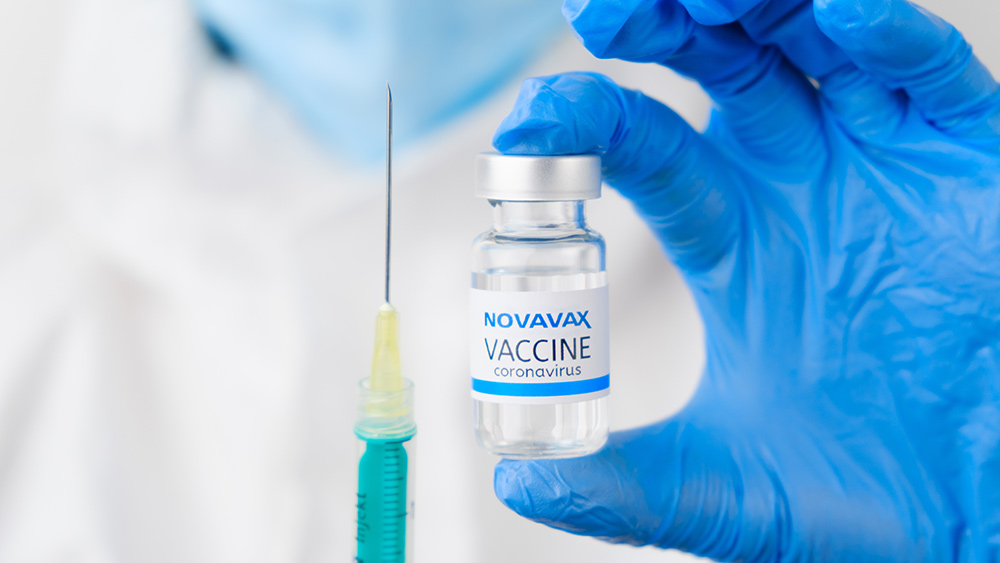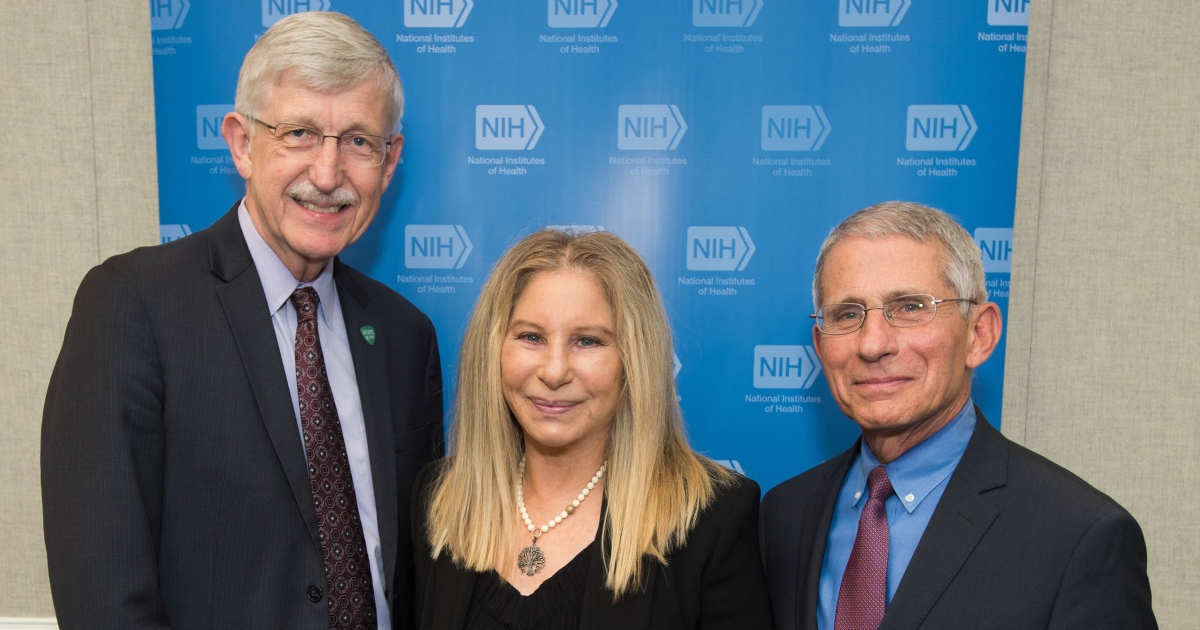Can this popular vegetable in Nigerian cuisine protect the liver from oxidative damage?
03/11/2022 / By Ralph Flores

Scientists from the University of Port Harcourt in Nigeria found that editan (Lasianthera africana), a shrub native to central Africa, may protect the liver from antibiotic-induced damage. In their report, which appeared in the Journal of Integrative Medicine, the team examined whether editan leaves can protect the liver from oxidative damage in vivo.
Editan is a staple in Nigerian cuisine
The leaves of the editan plant are popular in southern Nigeria, where they are the primary ingredient in an eponymous vegetable soup. A recent study in Drug and Chemical Toxicology showed that the leaves are packed with antioxidants that help reduce the adverse effects brought on by exposure to carbon tetrachloride. The hazardous chemical, once used as a cleaning agent, can cause serious damage to the kidneys and liver in high concentrations.
Aside from editan leaves, the team also used silymarin for the study. Silymarin, an active ingredient in milk thistle, is widely used to treat liver conditions.
In a narrative review in Advances in Therapy, researchers from the University of Munster in Germany noted that silymarin has been shown to reduce oxidative stress in the liver, making it beneficial for those at risk of liver disease. This includes hepatic steatosis, a condition marked by having too much fat in the liver and affects one in three adults in the United States. It’s worth noting that around 2 million people die from liver diseases around the world each year, with hepatic steatosis being the leading cause of liver-related deaths.

In their report, the Nigerian team looked at whether editan leaves and silymarin can protect the liver from drug-induced hepatitis. The condition occurs when there is too much medicine in the blood for the liver to break down; this leaves the liver inflamed and badly damaged. Estimates show that up to half of all cases of hepatitis or even liver failure may be linked to adverse drug effects.
Researchers obtained a hot aqueous extract from the leaves, which they used to treat rats with drug-induced liver damage from isoniazid and rifampicin. To note, isoniazid is a drug used for treating tuberculosis, and rifampin is used to reduce bacteria that may cause meningitis. Both drugs are known to cause liver damage if not taken properly. Biomarkers for liver damage and antioxidant markers were taken during the 28-day treatment period.
After treatment, the team found significant improvements in biomarkers for liver damage in the rats. Prior to treatment with editan and silymarin, the rats had elevated biomarkers for liver damage. In particular, the treatment led to a reduction in alanine transaminase (ALT), aspartate aminotransferase (AST) and alkaline phosphatase (ALP). Having elevated levels of these biomarkers in the blood indicate liver and tissue damage, among others. (Related: 2 Commonly consumed vegetables in southern Nigeria found to prevent neurodegeneration.)
Aside from improving liver damage biomarkers, they also noted that silymarin and editan reduced total triglyceride and low-density lipoprotein levels. Having elevated triglyceride levels is linked to chronic conditions like Type 2 diabetes and metabolic syndrome, and increased low-density lipoprotein — or bad cholesterol — levels are linked to cardiovascular disease.
Rats that were treated with editan and silymarin also showed increased high-density lipoprotein levels. High-density lipoprotein, aptly named good cholesterol, carries cholesterol from other parts of the body back to the liver, where it is removed from the body. A tissue evaluation of the rats treated with editan and silymarin showed similar results, which supported the plant’s ability to protect the liver.
The team concluded that editan leaf extracts reduced the damage caused by drug-induced hepatitis in the liver. They hope the findings pave the way to explore the potential of using editan in liver disease treatment.
Learn more about editan and other plants used in medicine at NaturalMedicine.news.
Sources include:
Submit a correction >>
Tagged Under:
alternative medicine, antioxidants, editan, food cures, food is medicine, functional food, herbal medicine, Herbs, liver damage, liver health, natural cures, natural medicine, remedies, research, silymarin, veggie
This article may contain statements that reflect the opinion of the author




















